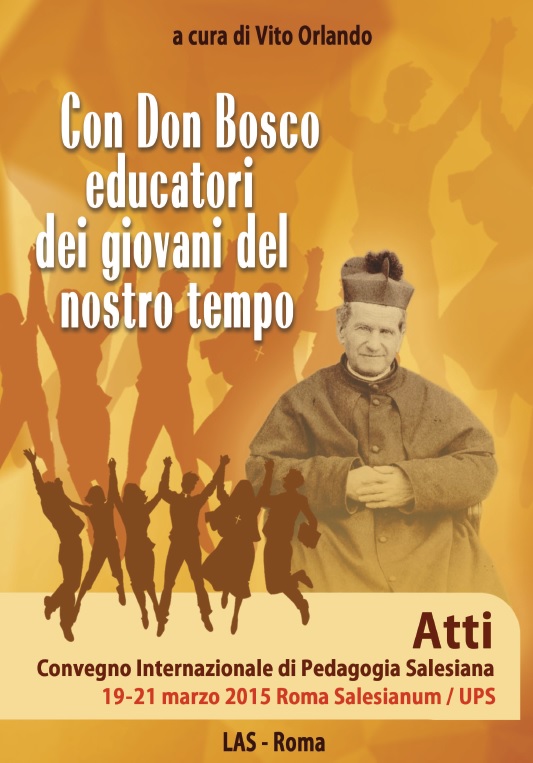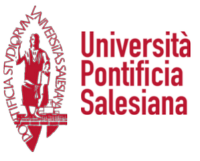The apocalyptic sounding phrases ‘The end of modernity’, ‘the end of philosophy’ and ‘the end of metaphysics’ mark the theoretical ethos of the postmodern world. Another series of similar sounding phrases like ‘the end of history’, ‘the end of the subject’, ‘the end of metanarratives’, ‘the end of morality’, ‘the end of democracy’ and ‘the end of totalization’ emerged as additional support to this world in the making or in a process of becoming. The postmodern world is not a clearly defined entity which can be described neat and tidy. The term refers to a reality in the making since the 60s in Europe. Now, this air of postmodernity is being carried to the different corners of the globe through the electronic media in such a speed that soon we could think of a pan postmodern ethos.
What is important to keep in mind is that the above sketched scenario refers to an internal conflict within modernity, philosophy, metaphysic, history, subject, metanarrative, morality, democracy and totalization that do not allow these concepts to be well defined and formulated. The internal conflict in each of these concepts is unique and it cannot be generalized either.
What can be put forward as a result of this internal conflict is that reality and our perception and interpretation turn out to be ambiguous and uncertain, and relative as it is assumed to be. Concepts and realities once clear and well defined have lost their clarity and definitiveness.
In order to broach this topic, I would like to present the theoretical underpinning of modernity which would be followed by its expressions in daily life in the society, culture, religion and human being. In a similar manner, we will outline the theoretical characteristics of postmodernity first which would be further elaborated in their external expression in the society, culture, religion and the human being. The paper ends with a few concluding remarks to nuance the present reception of postmodernity in the global situation.
Indice:
- Introduction
- Preliminary Considerations
- Postmodernity reflects life and culture of a particular period
- Postmodernity as a sign of hegemony of European thinking on the developing
countries - Theoretical, conscious and explicit and Practical, unconscious and implicit
Postmodernity - Postmodernity is the work of academic elite in the universities of the world
- Reception and Reaction of developing countries towards Postmodernism
- Modernity
- Introduction
- The Triumphant Subject
- The Autonomous Reason
- The Concept of Progress
- Knowledge as representation
- Modern World in its expressions
- Society
- Culture
- Religion
- Human Being
- Postmodern World
- Introduction
- Characteristics of Postmodernity
- Postmodern world in its expressions
- Society
- Postmodern Culture
- Religion in the postmodern world
- Human Subject is a construction
- Concluding Remarks
Reference time period: 2015
S. Swamikannu, “A society in transition! A culture gone awry! A religion turned virtual! A human being in the making! All processes! – Not a doom but a creative challenge for the future” in V. Orlando (ed.), Con Don Bosco educatori dei giovani del nostro tempo. Atti del Convegno Internazionale di Pedagogia Salesiana 19-21 marzo 2015 Roma Salesianum/Ups, LAS, Roma 2015, 19-47
Reference institution:
Direzione Generale SDB

